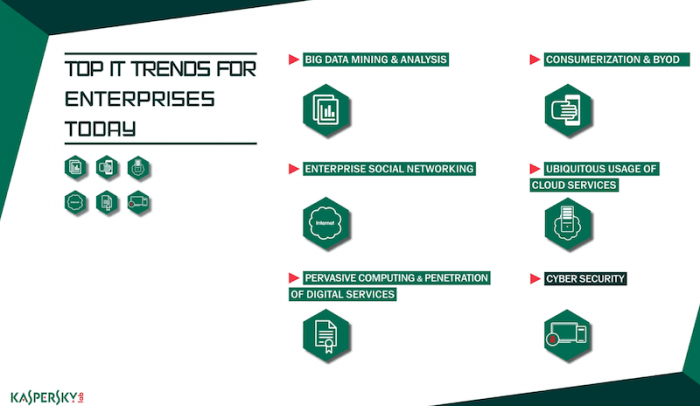
Battling the strain: Kaspersky Security for Virtualization vs. Instant-On Gaps
Traditional ‘agent-based’ solutions should not be used in virtual environments, especially those in dynamic use. Instant-On Gaps are the most common problem here: it strains servers and creates a serious vulnerability window for a VM. Kaspersky Security for Virtualization has been designed specifically to eliminate this problem.
 Instant-On Gaps
Instant-On Gaps
 cybercriminals
cybercriminals

 business security
business security

 enterprise security
enterprise security

 #EnterpriseSec
#EnterpriseSec





 Security digest
Security digest




